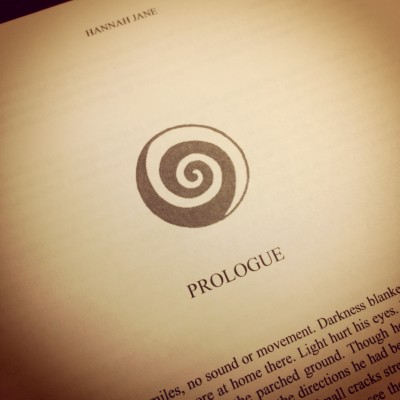To Prologue or Not To Prologue
At some point in the near future, I should probably thank my friend Steph for asking writing questions as it leads me to writing about writing (a bit circular, but not necessarily bad). So, thank you!
Steph is working on a novel, and I am one of her readers. This past weekend, she messaged me and asked if she should include a Prologue in her novel or not. It was an excellent question that I didn’t have the answer to, but luckily, I did have a way to get to an answer. When I wrote The Kyla, I did a Prologue. It is, of course, only in Call not Return since the story was technically one that was too long and ended up being split. Its presence was questioned by myself and at least one of my readers, but in the end, it stayed. So how did I come to the decision to include it? Thanks to Steph, I am now articulating why.

First, what does a Prologue actually do? It sets the stage, gives the reader a sense of the situation, and provides him/her with background information that is necessary for a complete experience of the text. As such, it is simply a way to get information to the reader. Since it is a “tactic” of sorts, it’s always important for the writer to ask if this tactic is best tactic, and I typically do this by a simple process of elimination.
If you are writing a longer piece, and you’re struggling with whether to Prologue or not, consider the following questions.
Set #1:
1) Can you reveal the information through plot, character quirks and/or thoughts, or imagery?
2) Can you reveal the information without switching Point of View? (especially if you’ve chosen a 1st person narration style)
If you answer “No” to either of these, then you may need to add a Prologue.
To be sure, answer these questions.
Set #2:
1) Is this information critical to the reader having the full experience of the story from page 1 or can it wait to be revealed?
2) Will you have reason to have an Epilogue? (This one is technically less critical, but as I am a symmetry whore, I like to see balance in everything – especially structure)
If “Yes” to either of these, I would add the Prologue.
Good luck. If you do add a Prologue, remember that the Epilogue is also a way to get information to the reader. Just rather than setting the stage, you are tying up loose ends, and if you have chosen this structure, it’s probably a good idea to finish the story that way – unless you have a specific purpose for leaving the piece out of balance.
Leave a Reply